Apple's retail strategy has always been about more than just selling products—it's about creating experiences. Now, the company is testing something intriguing at its newest location: a unified service counter that combines the traditional Genius Bar with product pickup. Apple features a combined Genius Bar and Apple Pickup station at its new store in MixC Hefei, China, which opens to the public on Saturday, January 18, at 10 a.m. local time. This isn't just about saving floor space—it's a glimpse into how Apple might be rethinking the entire customer service experience, potentially setting a new standard for tech retail worldwide.
What makes this unified approach so interesting?
Let's break it down: what Apple is actually doing here represents a pretty significant shift from their traditional store layout. The MixC Hefei store has a wide, curved glass entrance that leads to this innovative combined service area. Instead of having separate queues and counters for technical support and order pickup, customers now have a single destination for multiple needs.
This streamlined approach makes practical sense when you think about it. How many times have you needed both services during a single visit? Maybe you're picking up a new iPhone while getting your iPad screen repaired, or collecting AirPods while asking about a software issue. The unified counter eliminates the need to navigate between different areas of the store—and honestly, that's something I think most of us can appreciate.
What makes this particularly strategic is how the unified approach enables more personalized, culturally-relevant service delivery. Apple is offering special-edition AirPods 4 with an engraving for the Year of the Snake in China, and having specialists at the unified counter who can handle everything from explaining local customization options to providing technical support in the customer's preferred language creates a more integrated experience that feels tailored to the market.
The key takeaway here is efficiency without sacrificing the premium Apple experience. You're not just getting faster service—you're getting more integrated service where your different needs can be addressed by knowledgeable staff who understand your complete Apple ecosystem.
How Apple's retail expansion is accelerating globally
This unified counter concept comes at a time when Apple is aggressively expanding its retail footprint across multiple markets. Apple is opening a new store at the Miami Worldcenter complex on Friday, January 24, while simultaneously renovating two other stores in Florida and Texas. The pace is particularly remarkable when you consider they're not just opening stores, but also refining and updating existing locations while testing new service models.
The expansion strategy is particularly focused on high-growth markets where Apple sees the biggest opportunities. Apple's first two stores in India opened in April 2023 in Delhi and Mumbai, and future Apple Store locations are planned in Bengaluru, Pune, Delhi-NCR and Mumbai.
Here's what's impressive about the Indian expansion: these stores have been remarkably successful right out of the gate. Apple's two company-owned stores in India have achieved significant revenue, each generating between Rs 190-210 crore last fiscal year. That's roughly $23-25 million per store annually, which puts them among Apple's top-performing retail locations globally.
The consistency is what really stands out: the stores, located in Mumbai and New Delhi, have consistently achieved monthly sales of Rs 16-17 crore each since their launch. When you're talking about that level of sustained performance month after month, it's clear that Apple's retail formula is working in these new markets—and it makes the need for scalable service models like unified counters even more critical.
Not surprisingly, this success has Apple now aggressively looking for space to open three more company-owned stores in Pune, Bengaluru, and Noida. It's a classic Apple move—when something works, scale it quickly and efficiently.
The digital-physical retail connection
Apple's store evolution isn't happening in isolation from its digital initiatives. The company today launched the Apple Store app in India, providing what they call "the most personalised way to shop for Apple's innovative lineup of products and services." The timing isn't coincidental—this digital launch aligns perfectly with their physical store expansion and demonstrates why unified service counters make so much sense.
The app integration shows how physical and digital experiences are becoming more intertwined. The Apple Store app provides options for easy delivery and pickup, making that unified counter concept in Hefei even more relevant. When customers can seamlessly order online and pick up in-store while potentially getting device support at the same location, the traditional boundaries between different service areas start to blur naturally.
The app also enables deeper customization experiences that complement the unified service model. Shoppers can customise their Mac with a more powerful chip, extra memory, or additional storage, as well as engrave their AirPods, iPad, Apple Pencil Pro, Apple Pencil (2nd generation), and AirTag for free in multiple languages. This level of personalization, combined with unified service delivery, creates a seamless flow where your digital customization choices can be explained, delivered, and supported by the same Apple specialist.
Here's what makes this integration particularly powerful: unified counters enable the seamless digital-to-physical experience the app promises. You might customize your order through the app, pick it up at the unified counter, and get help setting it up from the same Apple specialist—all in one streamlined interaction that eliminates handoffs and potential friction points.
Why this unified approach could reshape Apple retail
Here's what makes this development particularly significant: it's not just about operational efficiency (though that's certainly part of it). The stores serve as points where customers can experience products, get service, and have their queries answered, and a unified counter could enhance all three functions simultaneously while creating more opportunities for customer education and cross-selling.
Consider the broader context of Apple's retail success. Apple has seen double-digit revenue growth in India every quarter since its stores opened, and the stores have become popular destinations for customers to experience Apple products and receive expert advice. The unified approach could amplify these benefits by reducing wait times while ensuring customers get comprehensive support for their entire Apple ecosystem in one interaction.
There's also a strategic element here that's worth noting. Apple has been doubling down on India amid geopolitical tensions and a slump in sales in the US and China. Testing new retail concepts in these expanding markets makes perfect sense—it allows Apple to refine the experience before potentially rolling it out to their mature markets where customer expectations are already established.
The success metrics are promising for this kind of experimentation. Footfalls are high during product launches, festivals, and weekends, suggesting strong customer engagement that could benefit significantly from more streamlined service delivery. When you have customers who are already coming to your stores regularly, improving their experience becomes a clear competitive advantage that could influence the broader tech retail industry.
What this means for the future of Apple retail
This unified counter experiment represents more than just a new store layout—it's potentially the beginning of a more integrated approach to customer service that could define the next generation of Apple retail. As Apple continues expanding globally, with plans to launch its premium mixed-reality headset in India soon, the need for flexible, efficient service models becomes even more critical.
The timing is particularly strategic. Apple has prioritized training and retail readiness in markets where Vision Pro has launched, but Apple has not publicly stated that a local Apple Store is a formal prerequisite for availability. Apple needs retail formats that can handle increasingly complex product demonstrations, personalized fitting sessions, and ongoing support needs. A unified service approach could be exactly what's needed to manage the complexity of next-generation Apple products while maintaining the premium experience customers expect.
Think about it: when you're dealing with products like the Vision Pro that require personalized fitting, extensive demonstration time, and ongoing technical support, having specialists who can handle everything from initial setup to troubleshooting at a single location eliminates customer confusion and reduces wait times. You're not getting passed between different departments—you're getting comprehensive service from knowledgeable staff who understand your complete Apple ecosystem.
The broader implications extend beyond just individual stores. As Apple continues to blur the lines between hardware, software, and services, their retail experience needs to reflect that integration. The unified counter approach could be the physical manifestation of Apple's ecosystem strategy—one place where all your Apple needs converge, supported by specialists who can address everything from device setup to app recommendations to accessory compatibility.
However, this approach isn't without potential challenges. Managing diverse service needs at a single counter requires highly trained staff and efficient workflow systems. There's also the question of whether this model can maintain the same level of specialized expertise that separate Genius Bar and pickup areas might offer. Apple will need to carefully monitor customer satisfaction and service quality as they test this concept.
Bottom line: Apple's unified Genius Bar and pickup counter isn't just about convenience—it's about reimagining how technology retail should work in an era where the lines between online and offline, sales and support, are increasingly blurred. Keep an eye on how this experiment evolves at the MixC Hefei location. If it proves successful, it might just become the template for Apple stores everywhere, fundamentally changing how we think about retail service in the tech industry and potentially inspiring other retailers to rethink their own customer service models.




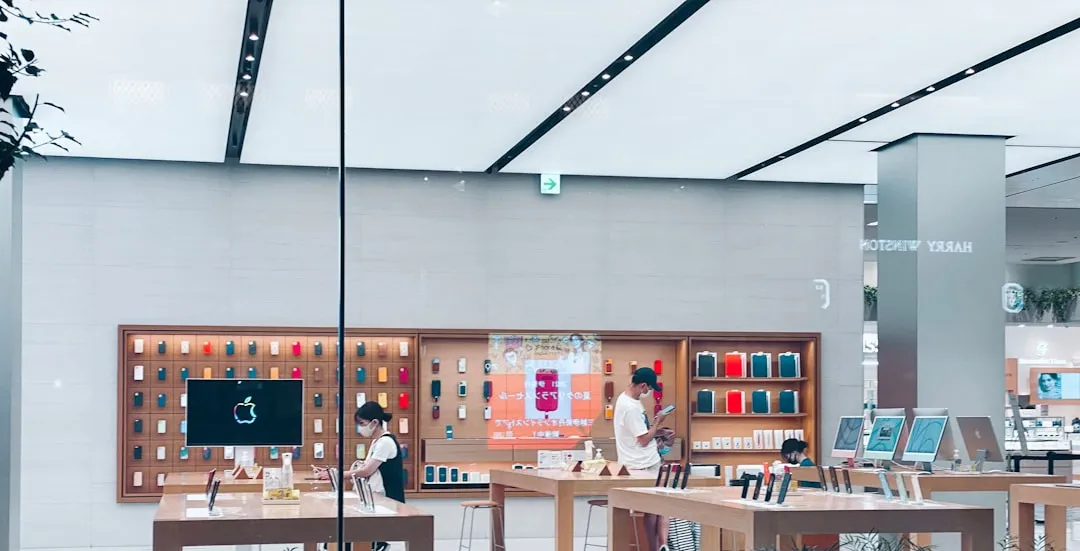
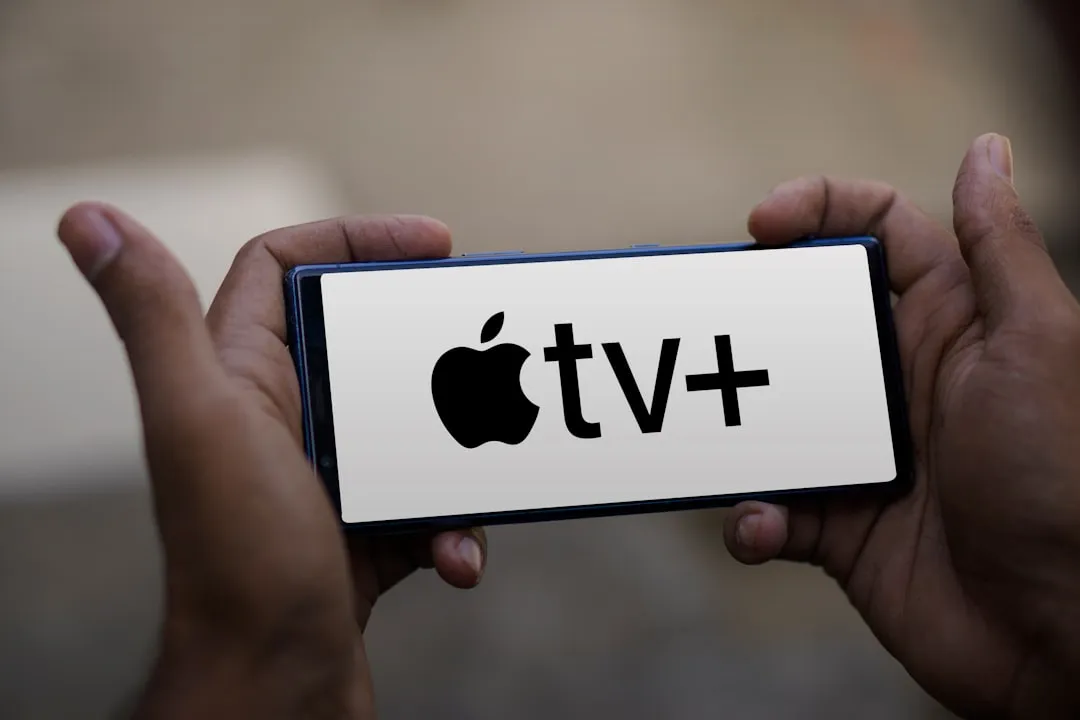

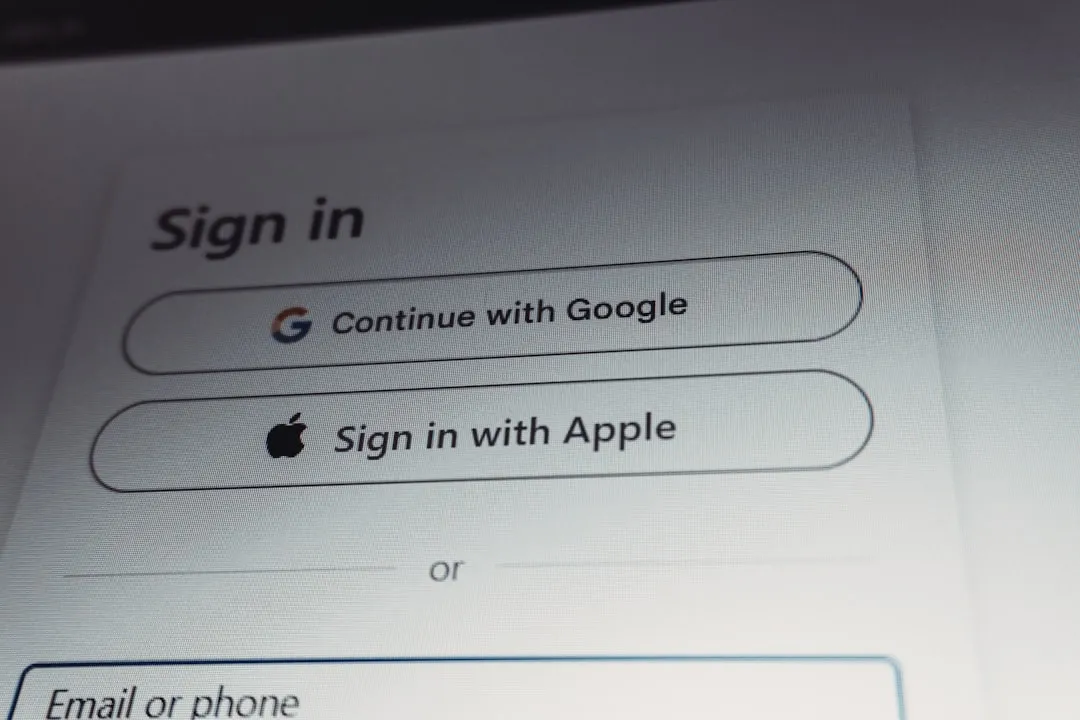
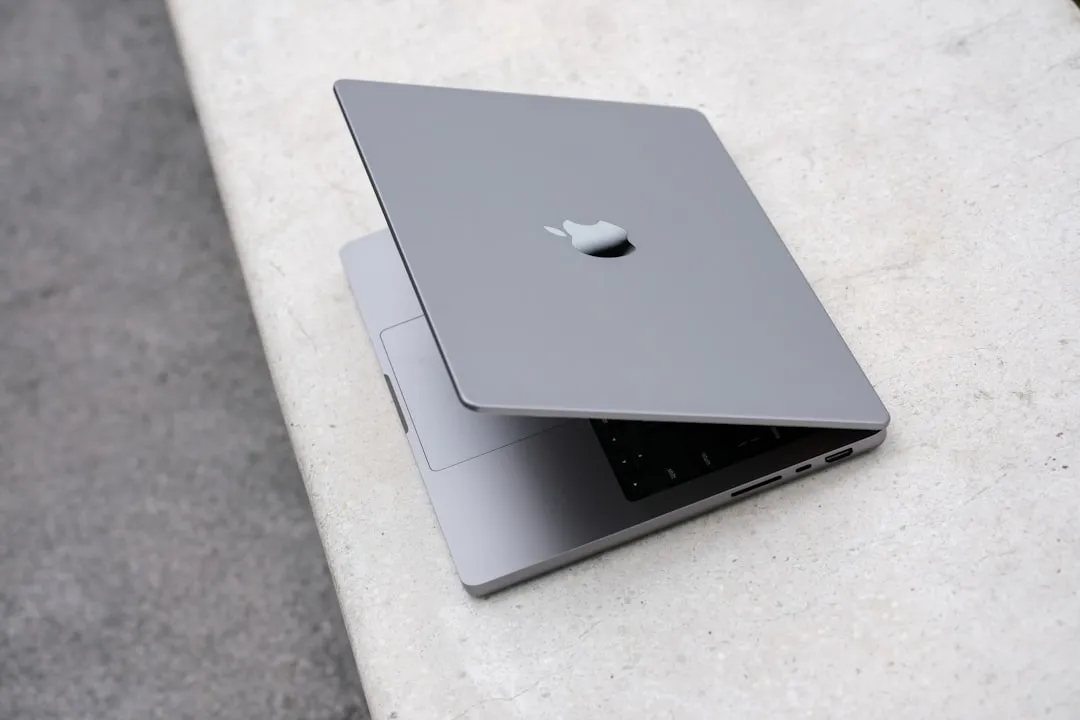
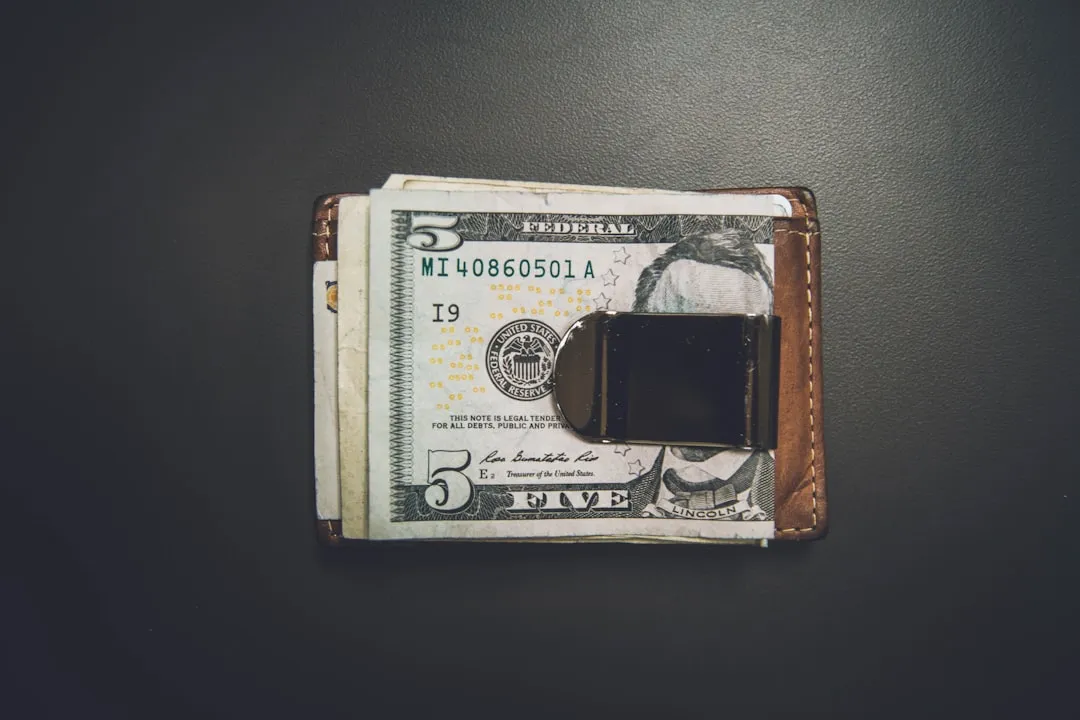

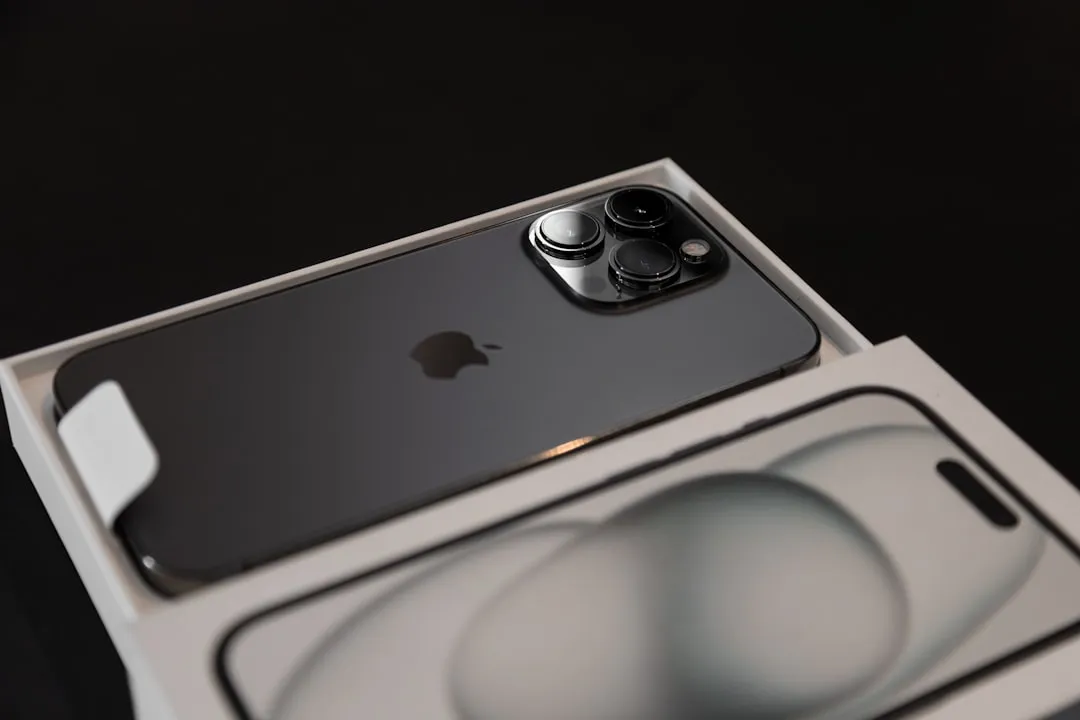
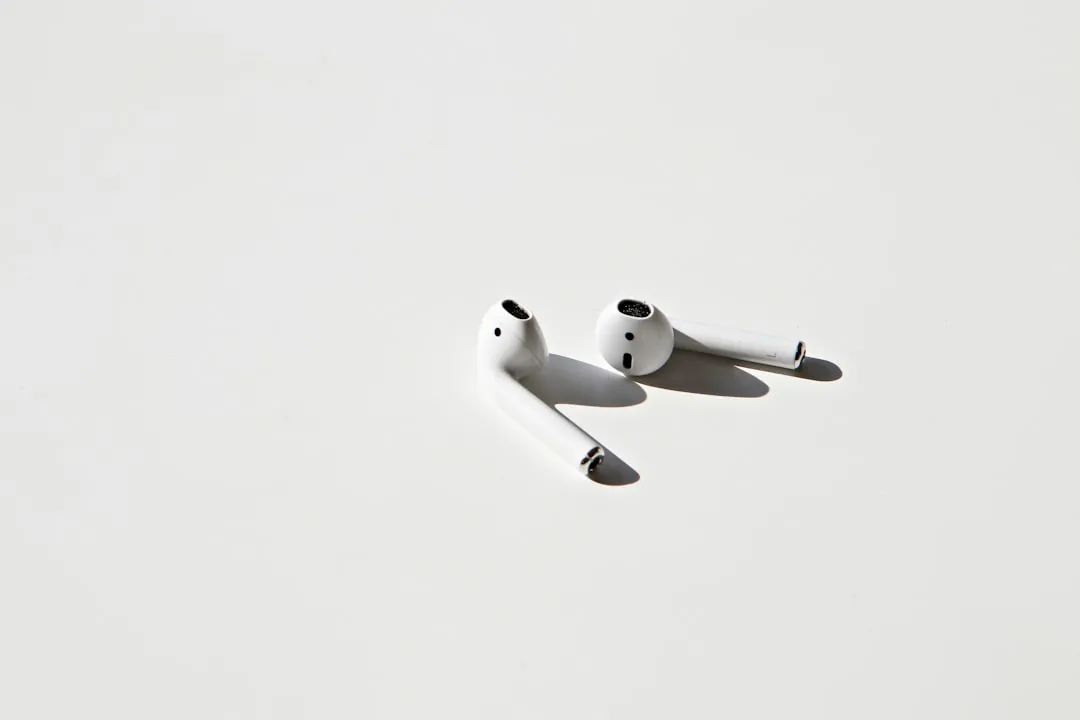
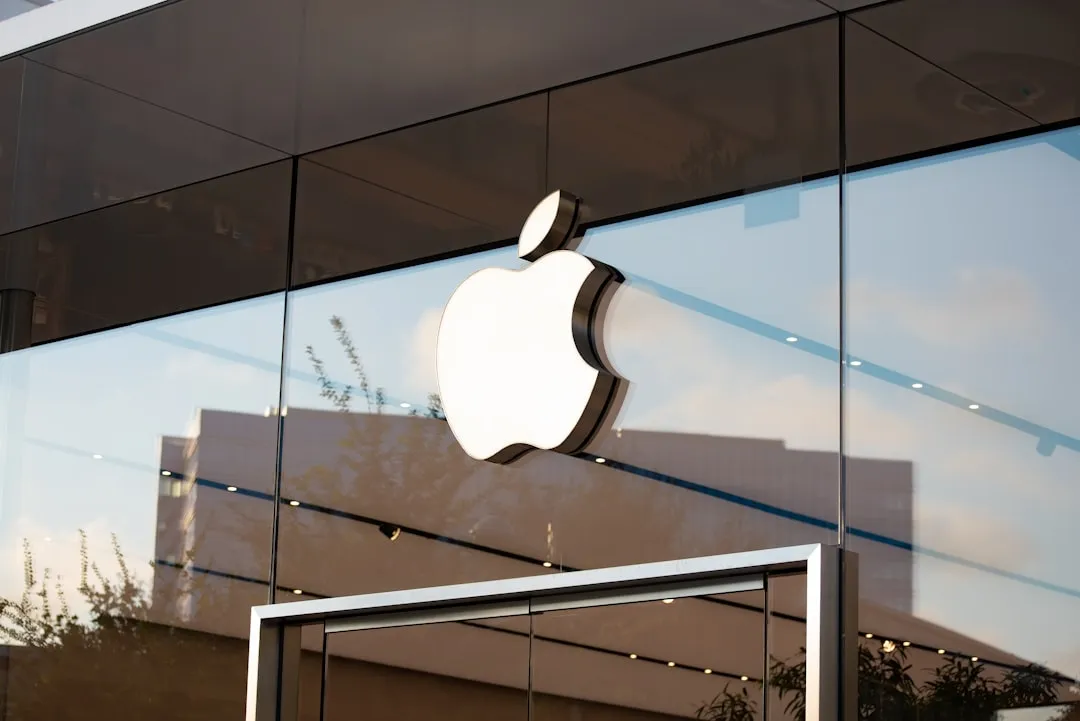

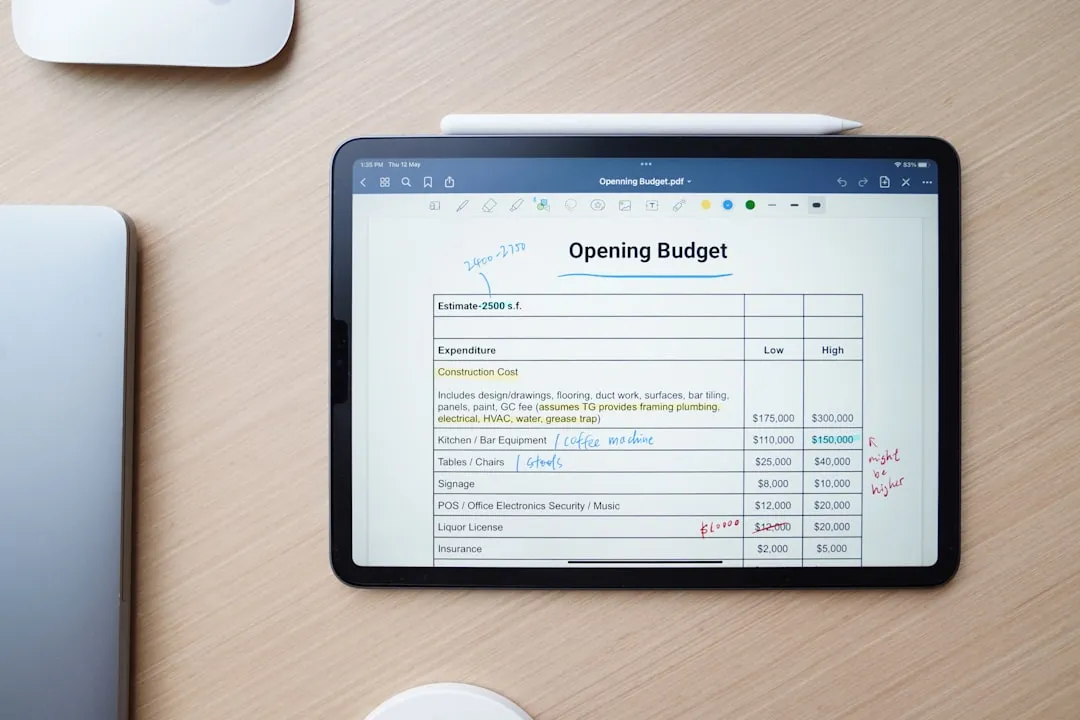
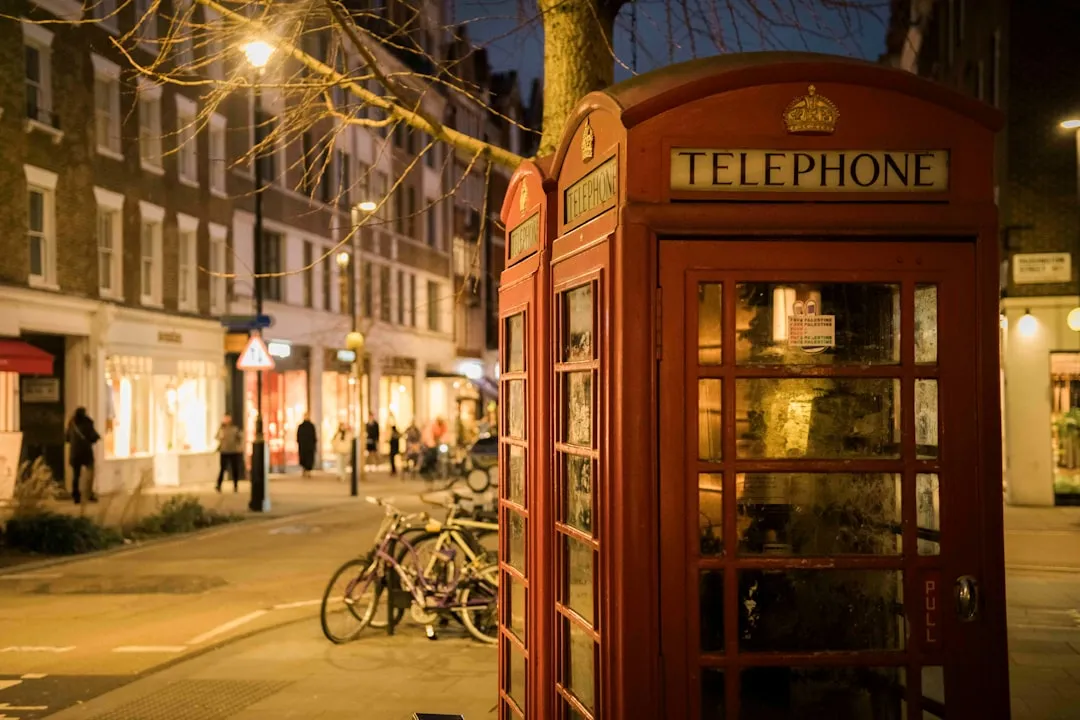
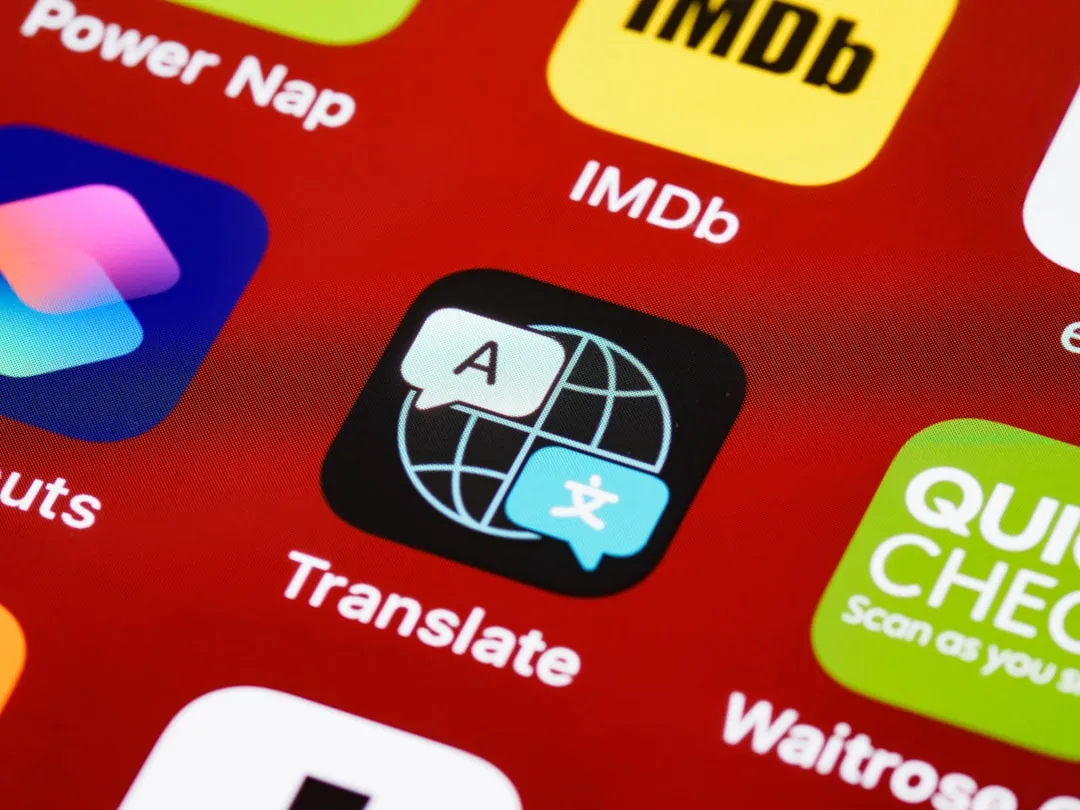
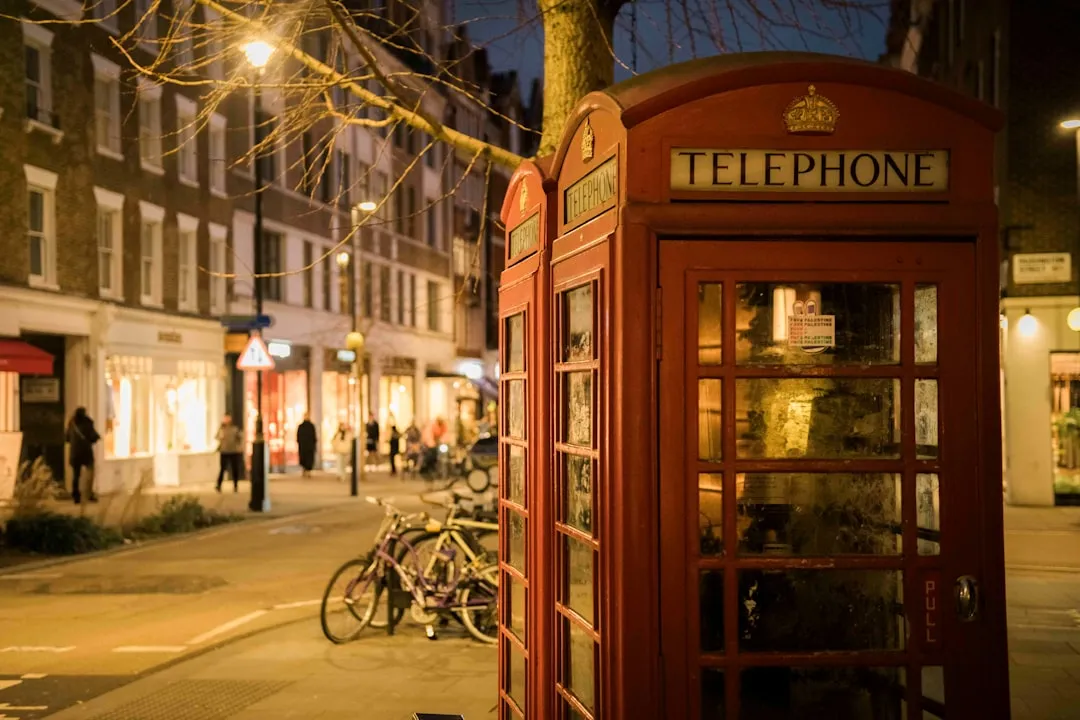
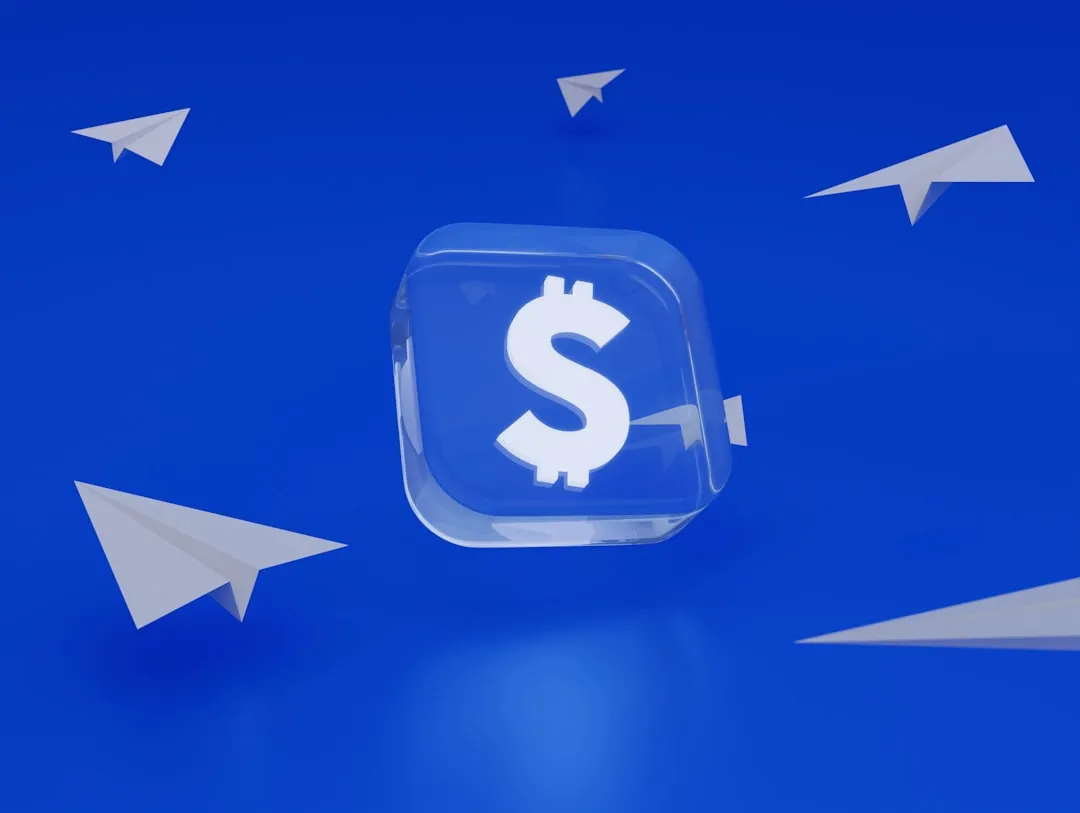

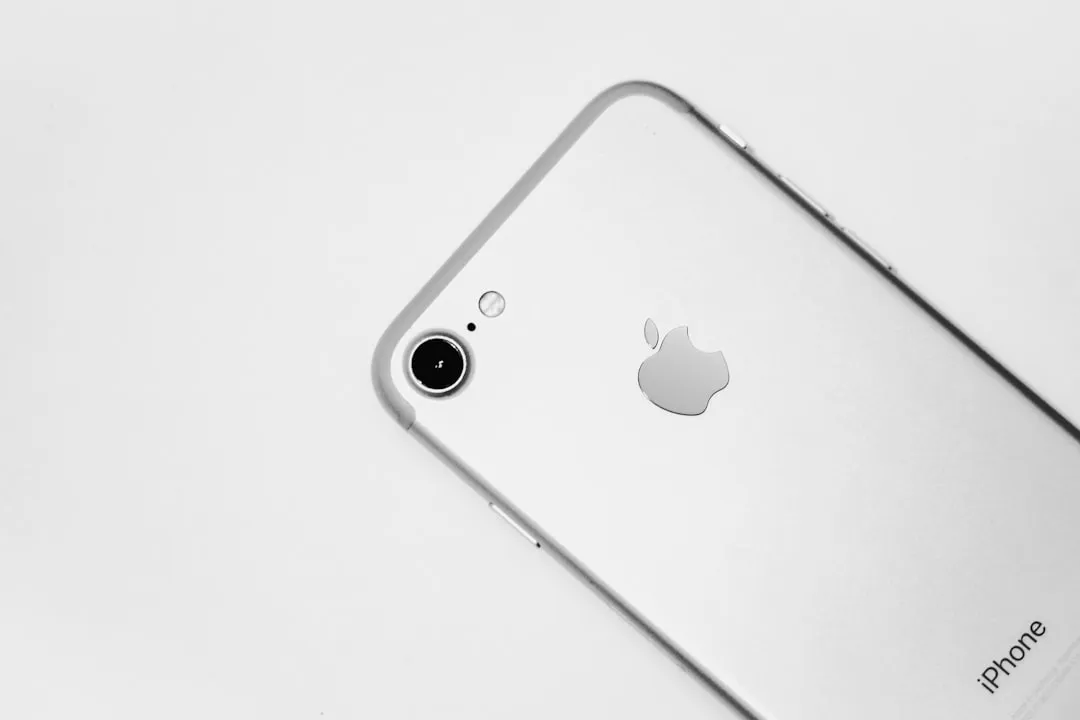
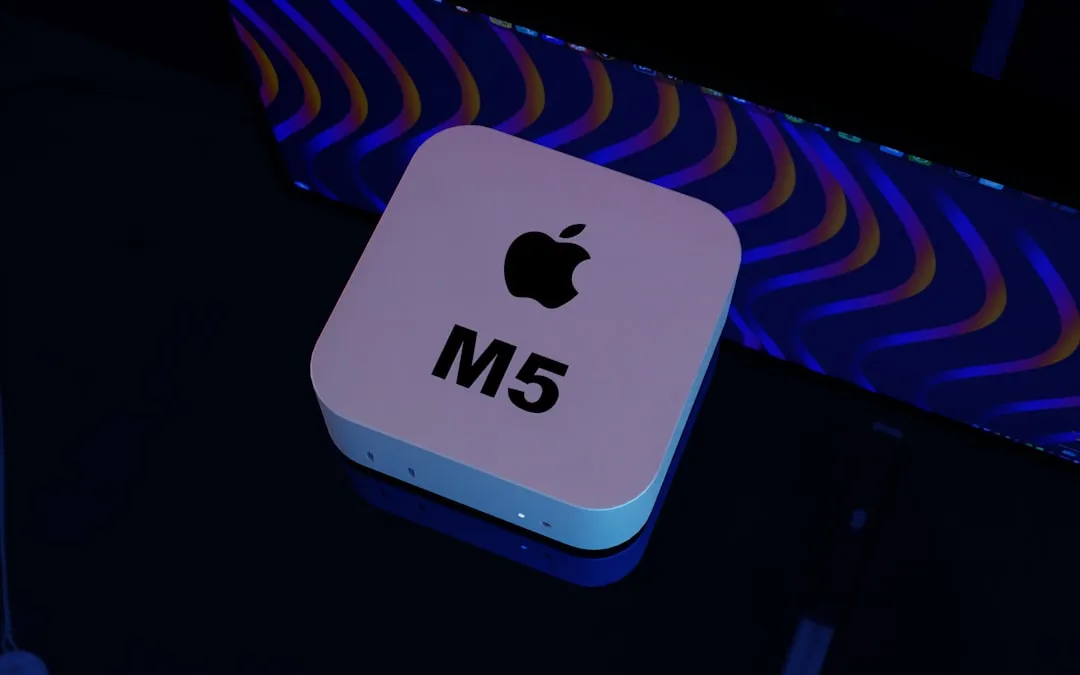
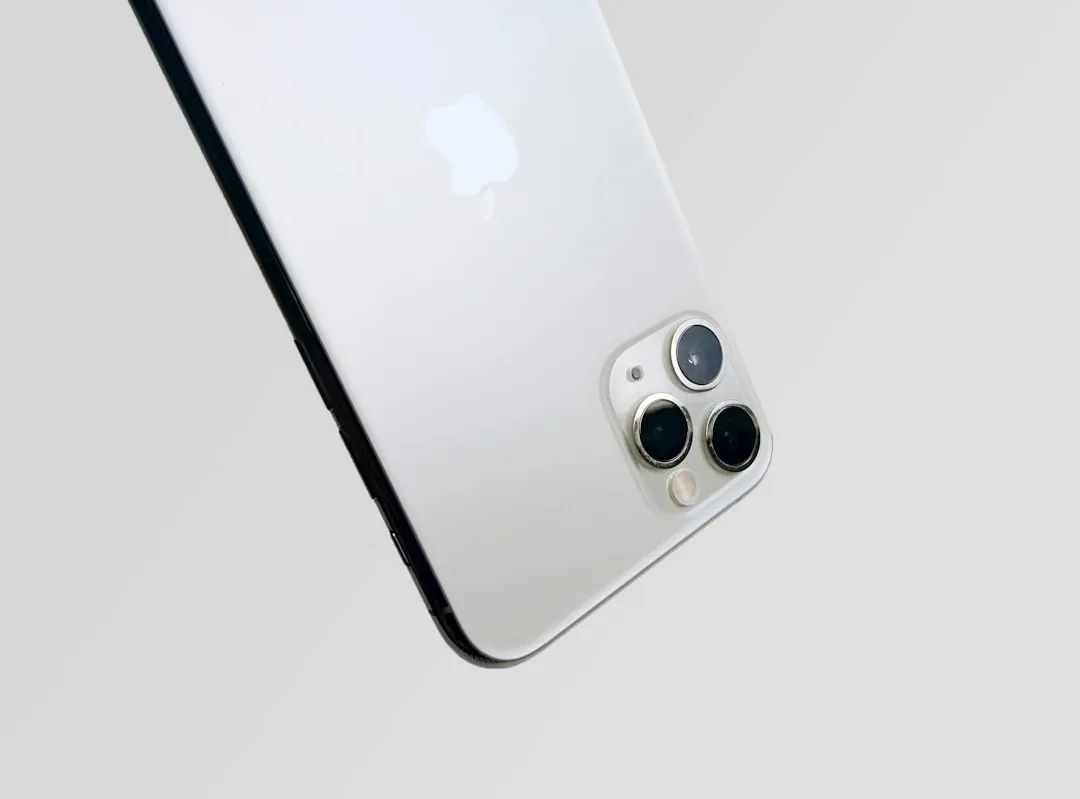

Comments
Be the first, drop a comment!